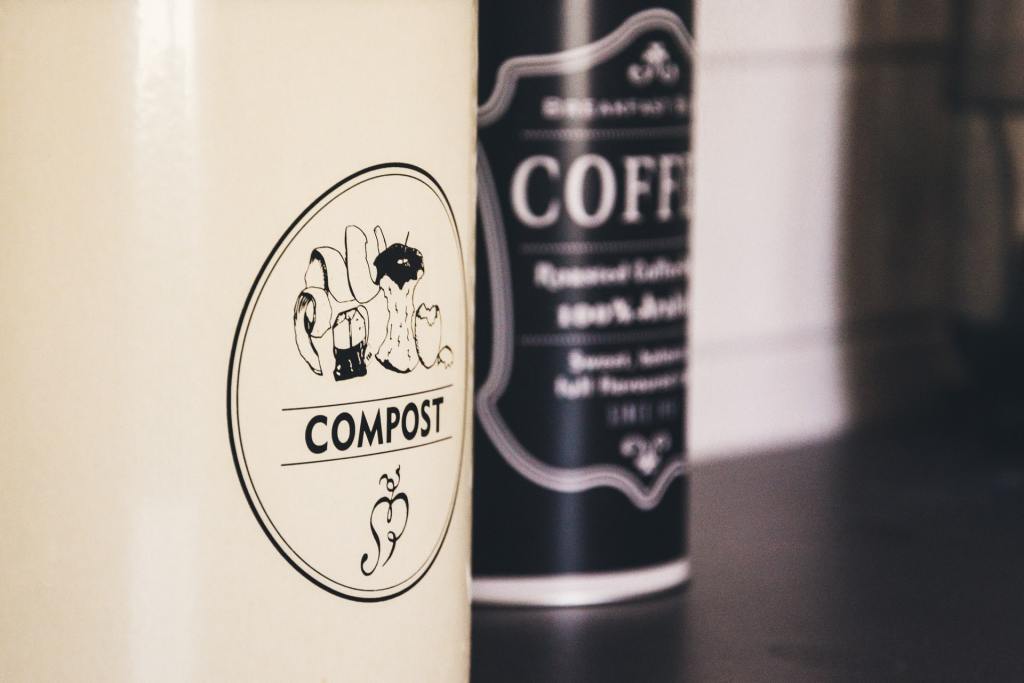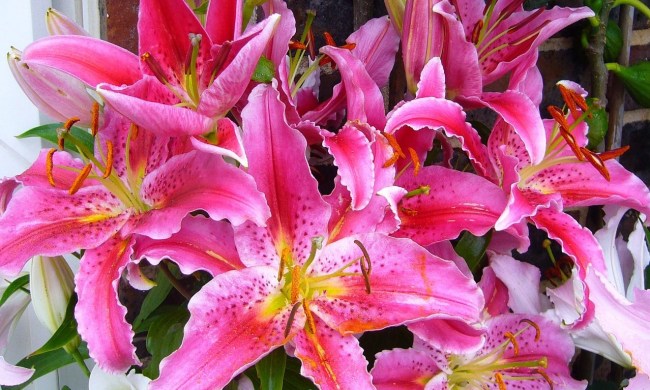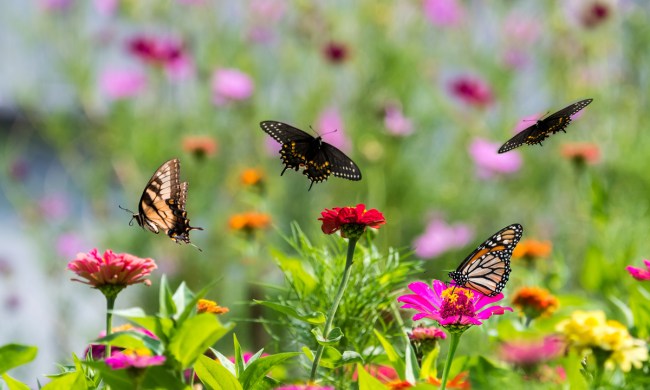Many of us already know the damaging impact that many human products or practices have on the planet. It doesn’t seem like knowledge is the problem. Although most Americans can explain what “climate change” is, they rarely care enough to do anything about it. Gardeners are a special breed of humans who do care about the planet. While maybe not all of them take actions to help prevent further damage, many strive to make everyday changes in their lives to reduce their impact and even heal the damage that’s already been done.
Here we’re going to talk about eight ways that you can garden in a more eco-friendly way.
Why you should care
It seems obvious that the inhabitants of earth should care about their impact on the planet, but it might not seem obvious as to why gardeners, in particular, should care. While most homeowners do cut their grass or weed their garden, gardeners spend much more time, energy, and money on their flower or veggie gardens. So, we’ve come up with a few suggestions on how avid gardeners can counter climate change through their efforts.
Healing the planet with your garden
You don’t have to incorporate all of these to feel good about yourself. It takes everyone doing something, not some people doing everything.
Invite pollinators
This is one of the most accessible points on this list. While we might not realize it, some of our gardening and lawn management habits are repelling pollinators. Even if you plant flowers in your garden, the use of weed killers, bug spray, and other pest repellents also kill beneficial insects such as honey bees and butterflies.
Instead, bring out the metaphorical sign that invites pollinators to your yard. This means removing pesticides from your lawn routine, planting pollinator-friendly plants such as milkweed, and avoiding weed killers. Dandelions and other “weeds” are delicious meals for moths, bees, butterflies, and other essential pollinators.
Feed and house birds
Birds can sometimes be a nuisance around vegetable gardens or backyard areas. They eat fruits we try so hard to grow, and they poop on our decks. Despite their occasionally annoying habits, birds are a vital part of the ecosystem. Providing a food source and some housing options for the birds in your yard will give them a space to come eat and raise their young. By eating berries and other seeds, birds distribute seeds far and wide in conveniently repackaged “fertilizer” (their poop). Some tree species rely only on birds to scatter their seeds from place to place.
Reduce the amount of gas you use
This one is both easy and hard. Instead of tilling the garden, could you hand till it? Rather than mowing the lawn with a large riding mower, could you use a hand-powered wheel mower? Don’t leave the car running while you talk to the neighbor before leaving for Saturday breakfast. Turn it off and save the gas.
Don’t use chemicals
As we mentioned previously about pollinators, the use of chemicals in our gardens and yards is severely damaging to the earth around us. Many Americans use weed killers, pesticides, insecticides, and more every week. These harsh chemicals kill pollinators, native plants, and even small animals such as chipmunks and squirrels. We understand that chipmunks can ruin a home’s foundation and wasps can be a painful encounter, but these problems can be resolved with a little more effort rather than spraying a chemical.
Collect rainwater
The amount of water Americans use on their lawns each year is staggering. Often, this water is clean and drinkable water that other parts of the world would kill to have. Instead of using this water wastefully, set up a rainwater collection system. These are great ways to water lawns or gardens during hot and dry summer months. You’ll save on your water bill, and you’ll reduce the amount of water being wasted.
Compost
You don’t have to have a vegetable garden to compost. You don’t even have to have a compost pile in your yard. Many places in the U.S. have public composting sites. These allow residents to dump their kitchen compost and clean yard waste. So, whether you start collecting compost in a bin on the counter and throw it in a pile in the backyard or take it to the compost location near you, you’ll be reducing the number of items that get thrown into a landfill. Not only that, but the compost decomposes and is used in helpful and sustainable ways.
Plant natives
Exotic plants are beautiful and fun to add to our gardens; however, the native plants around us are better suited for the weather and conditions around us. They have been adapting to droughts and temperature changes for hundreds of years. Bringing back more of these native plants helps the local pollinators, water levels, and food for local wildlife. Native plants also reduce the risk of invasive plants taking over and wreaking havoc.
Start a victory garden
Elenore Roosevelt participated in the first boom of victory gardens during World War I. She planted a garden on the White House lawn, and tens of millions of Americans have been doing it since then to provide their families with food. If more people grew a portion of their own food, there would be less need for mass-produced foods on unsustainable farms. These farms are not only using harmful insecticides and pesticides, they are also using large quantities of water and other resources like gas.
Taking five minutes to research the effects humans have on the planet will inspire you to take a few of these tips and incorporate them into your own routine. If each of us could adopt one or two of these ideas, we could positively impact the earth around us.




